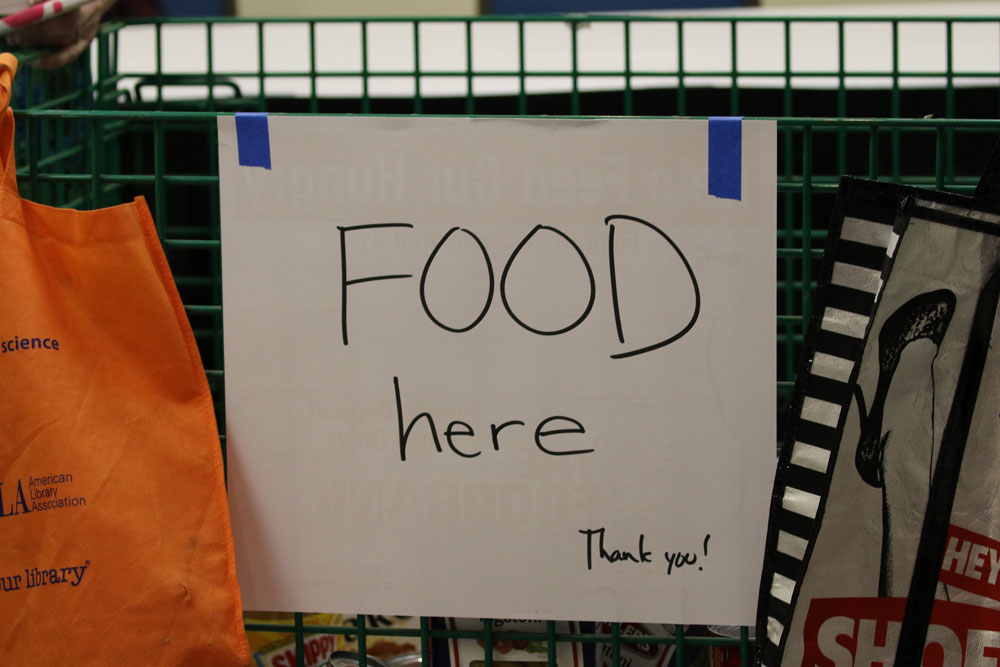
March 15, 2020; Capital Public Radio (Sacramento, CA)
For any number of reasons, food programs are likely to be hit very hard over the next few weeks. The key to this is in the perfect-storm scenario we are watching unfold. Over the weekend, as states have taken steps to try to contain any spiking of the COVID-19 coronavirus, public officials have asked seniors—the most vulnerable group, as far as this virus is concerned—to stay home. Children who would normally eat at school have been released from classes through the end of the month, with many school districts in cities such as Seattle and Boston slated to be closed much longer than that. Many volunteers upon whom food programs rely are staying home, and some are areas have even closed restaurants (or restricted them to delivery or takeout).
Imagine yourself in a food desert at such a time…perhaps without public transport, perhaps unable to get to a job or having had your hours cut or with no sick leave available, and you can see the problem.
This issue is cropping up all over the country. Sacramento-based Capital Public Radio reports from California:
On a typical day at the vast food bank warehouse in San Jose, 80 to 100 volunteers pack apples, oranges, pears, squash and cabbage into boxes to be shipped out to hundreds of distribution sites across Santa Clara and San Mateo counties.
Sign up for our free newsletters
Subscribe to NPQ's newsletters to have our top stories delivered directly to your inbox.
By signing up, you agree to our privacy policy and terms of use, and to receive messages from NPQ and our partners.
On Tuesday, just 17 volunteers showed up. All told, more than 1,000 volunteers have cancelled this week over concerns that working in close contact with others might expose them to the coronavirus.
Capital Public Radio reporters Jackie Botts, Nigel Duara, and Erica Hellerstein also discussed the closing of some food pantries located in spaces like churches and senior centers for the duration.
What to do? Plans are in the works for pop-up food banks for food deserts. Some nonprofits too have taken a page out of the toolkit of community-supported agriculture programs and are making bulk deliveries to households. For instance, Botts and her colleagues note that in Texas, “the San Antonio Food Bank has started to deliver coronavirus preparedness kits stocked with 14 days of food, hand sanitizer, and cleaning disinfectant to as many as 300,000 households.” Of course, even deliveries require volunteers, although hopefully such efforts enable food distribution to occur while respecting CDC social distancing guidelines.
Meanwhile, Congress may be inching toward a relief package that includes, among other things, around $500 million for food programs. State governments might also provide support (a $32 million request is pending in California). In the midst of all of this, Trump’s plan to implement revisions to the food stamp program that would have, if they stood, seriously curtailed access to food, has been stopped at least temporarily by a federal judge, even as the administration had been plowing forward.—Ruth McCambridge












